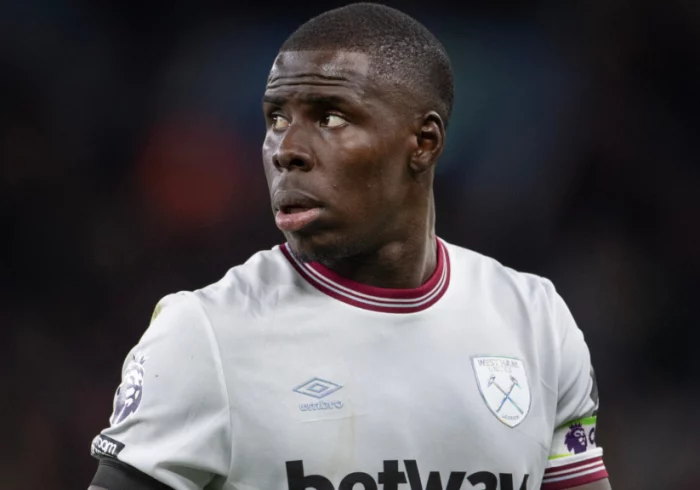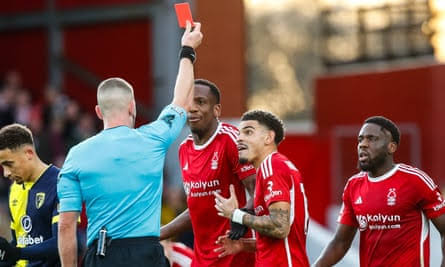he great side of the Revie era that would win the First Division title in 1969 with just £9,000 spent on Billy Bremner, a second-tier record fee. The club’s biggest spending was those years in the early 1990s under Howard Wilkinson, not on players but on building a youth development set-up that in the autumn of 1991 produced a team that reached the quarter-finals of the FA Youth Cup with Gary Speed, Gary Kelly and David Wetherall.
Had they been able to retain that level of investment, they might have produced the top-level players who could have rivalled or even matched Manchester United or Arsenal or Liverpool. Instead, the imbalance inherent in the TV income distribution gave the larger revenue clubs disproportionate muscle that the takeover of most clubs by men of money in the PL and then an overseas absentee bought in the Championship has accentuated almost to a monopoly. Median league position for the last decade for the nine clubs not owned by Americans, Arabs, Eastern Europeans, or the Chinese? For Leeds, it is 20th, one point above relegation. The forces at work in such outcomes have not always been transparent and the transfers are planned and executed with a certain level of secrecy. The club did well in early-season ticket renewals but the turn-off factor for the campaign will have a much more damaging effect, already with reports of people cancelling renewals and maybe the scheme itself if the optics do not improve.
Hence the revolt that erupted on social media, led as always by young flyers who are learning the bitterest lesson of supporting Leeds. They have given up the hope of watching Gray mature and are well aware it will be Gray, not Leeds, who is Champions League-bound, should the deal fulfil its potential. It seems that it has required such a fresh iniquity to draw out the latent intellectual royalty in Leeds fandom, for voices and messages that had been drowned out on forums now to find amplification.



